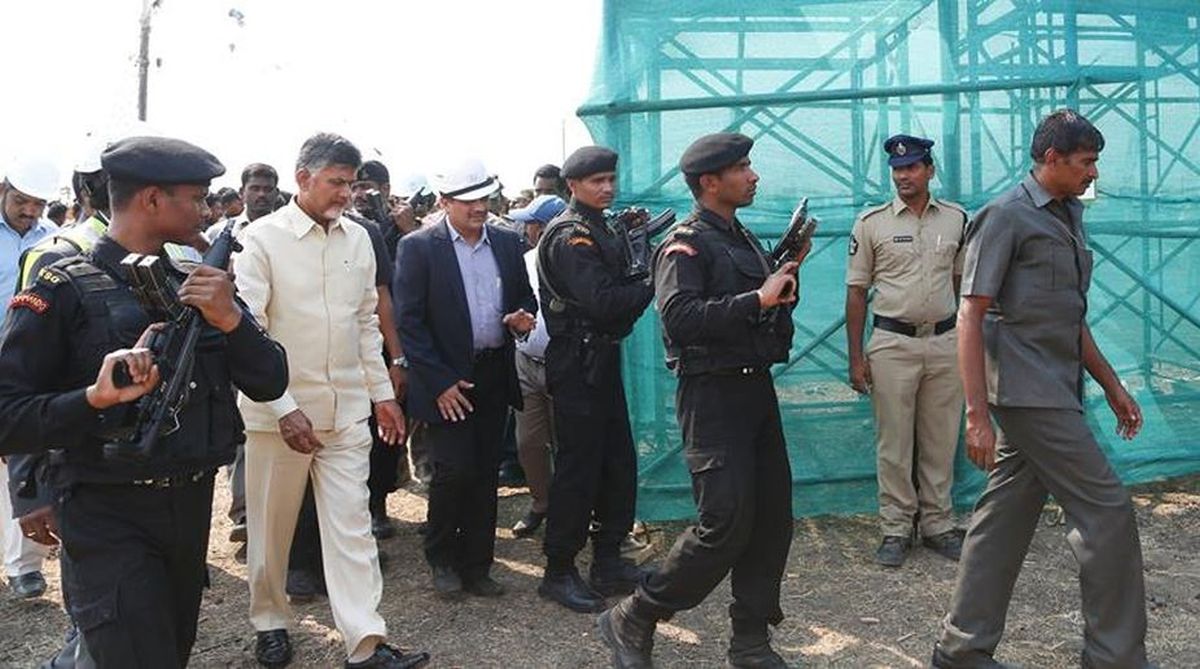EC officials meet DMs, police top brass on 1st phase of polls
With close to seven days for the first phase of parliamentary elections, the Election Commission today issued a caution saying “let there be no violence”.

(Photo: Facebook)
It is a poor reflection on the prevailing standards of India’s democratic functioning that apprehending trouble ahead of the 2019 polls the National Security Guard has opted for a comprehensive upgrade of the personal security cover it provides to dozens of political figures ~ including the union home minister.
The NSG hopes that after the upgrade the quality of its security will compare favourably with what the Special Protection Groups offer its limited clientele ~ prime ministers, ex-prime ministers and their immediate family members. In the normal course such an upgrade would cause no raising of eyebrows, but a senior NSG official’s linking it with the upcoming election is worrying: it suggests that the security agency fears that as electoral fever rises the political bitterness could spill over into violence.
The “Black Cats” are clearly wary of what may be on the cards. Though initially raised to deal with terror strikes, aircraft hijackings etc, the NSG was drafted into the personal security regime after the assassination of Indira Gandhi (subsequently the SPG was formed) and soon its cover came to be the preferred option for union ministers, chief ministers etc ~ a negative dimension being that the men in black dungarees and their Z+ cover became a status symbol.
Advertisement
Now the upgrade includes an overhaul of its drills to include close-body protection when VIPs visit public places, improved weaponry and equipment and communications. The training of personnel as specialised “bodyguards” will also be revised: the commando teams will have separate offence and defence teams, drills will be formulated for escorting protectees away from trouble sports. For select protectees the NSG will also have advance security liaison with intelligence agencies, local police etc. At present some 500 NSG personnel are detailed for VIP security.
At one level, the NSG project could be seen as the outcome of several political personalities having been the victim of violence allegedly organised by their rivals. Yet that also speaks poorly of how the divisive, polarised politics of the present has trickled down to the rank and file who often have religious, caste or regional orientation.
The NSG move also points to the virtual shortcomings of the Election Commission to cleanse the system ~ which the judiciary says is beyond its remit. The ultimate blame lies with the leaders of political parties, they see their rivals as enemies who must be defeated at all costs. This is the downside of the acrimony in the legislatures, the reluctance of elected representatives to seek cooperation or consensus on issues.
The concept of “the wisdom of the House” has been discarded, every legislative initiative is perceived from a political perspective, and passage or rejection of Bills have become prestige issues. That is climate which leads the security agencies to await the elections with trepidation. A former CEC had described Indian polls as a mela: how times have changed ~ for the worse.
Advertisement